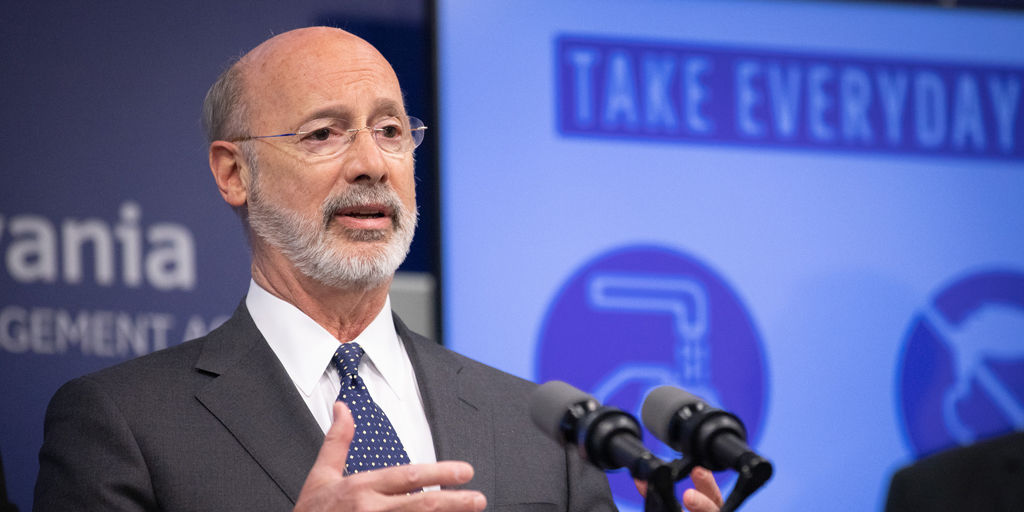Earlier today, the Wolf Administration strongly urged non-essential businesses across the state to close for at least 14 days to help mitigate the spread of COVID-19. The governor’s request protects employees, customers, and suppliers and limits the spread of the virus through personal contact and surfaces.
Previously the governor designated Bucks County, Chester County, Delaware County, and Montgomery County as mitigation counties with Allegheny County launching its own mitigation efforts. These efforts will now be expanded commonwealth-wide beginning at 12:01 a.m. on Tuesday, March 17.
“We strongly urge non-essential businesses across the commonwealth to do their part by temporarily closing as we work to flatten the curve and protect the health and safety of all Pennsylvanians,” said DCED Secretary Dennis Davin. “We understand that businesses are an economic driver throughout Pennsylvania, and a temporary closure will be a financial and community disruptor. DCED is committed to working with the business community to provide helpful resources for financial assistance.”
Non-essential businesses include public-facing industries such as entertainment, hospitality, and recreation facilities, including but not limited to community and recreation centers; gyms, including yoga, barre and spin facilities; hair salons and barber shops, nail salons and spas; casinos; concert venues; theaters; sporting event venues and golf courses; retail facilities, including shopping malls except for pharmacy or other health care facilities within retail operations.
Further, the Governor has ordered that all restaurants and bars close their dine-in facilities to help stop the spread of COVID-19. Businesses that offer carry-out, delivery, and drive-through food and beverage service may continue to do so, but eating and drinking inside restaurants and bars is temporarily prohibited. These businesses offering carry-out, delivery, and drive-through food and beverage should employ social distancing best practices and be aware of the Trump Administration’s guidance to avoid gatherings of 10 or more people.
Essential services and sectors include but are not limited to food processing, agriculture, industrial manufacturing, feed mills, construction, trash collection, grocery and household goods (including convenience stores), home repair/hardware and auto repair, pharmacy and other medical facilities, biomedical and healthcare, post offices and shipping outlets, insurance, banks, gas stations, laundromats, veterinary clinics and pet stores, warehousing, storage, and distribution, public transportation, and hotel and commercial lodging.
Although these businesses may remain open, the Wolf Administration continues to encourage them to employ social distancing practices, and encourages Pennsylvanians to be thoughtful in their visits.
Other businesses, including but not limited to legal services, business and management consulting, professional services and insurance services are encouraged to have employees work remotely or telecommute. If that is not possible, they should employ social distancing best practices and be aware of the Trump Administration’s guidance to avoid gatherings of 10 or more people.
Philadelphia has separately provided guidance for businesses. Businesses in Philadelphia County should follow the city’s guidance.
DCED offers working capital loans that could be of assistance to businesses impacted by COVID-19. Resources and information will be posted to http://dced.pa.gov/resources as they become available. The U.S. Small Business Administration, in addition to local funding partners, may also be a source of assistance for affected businesses.
The Wolf Administration is relying on businesses to act now before the governor or the Secretary of Health finds it necessary to compel closures under the law for the interest of public health, including section 7301 of the Emergency Management Services Code.


